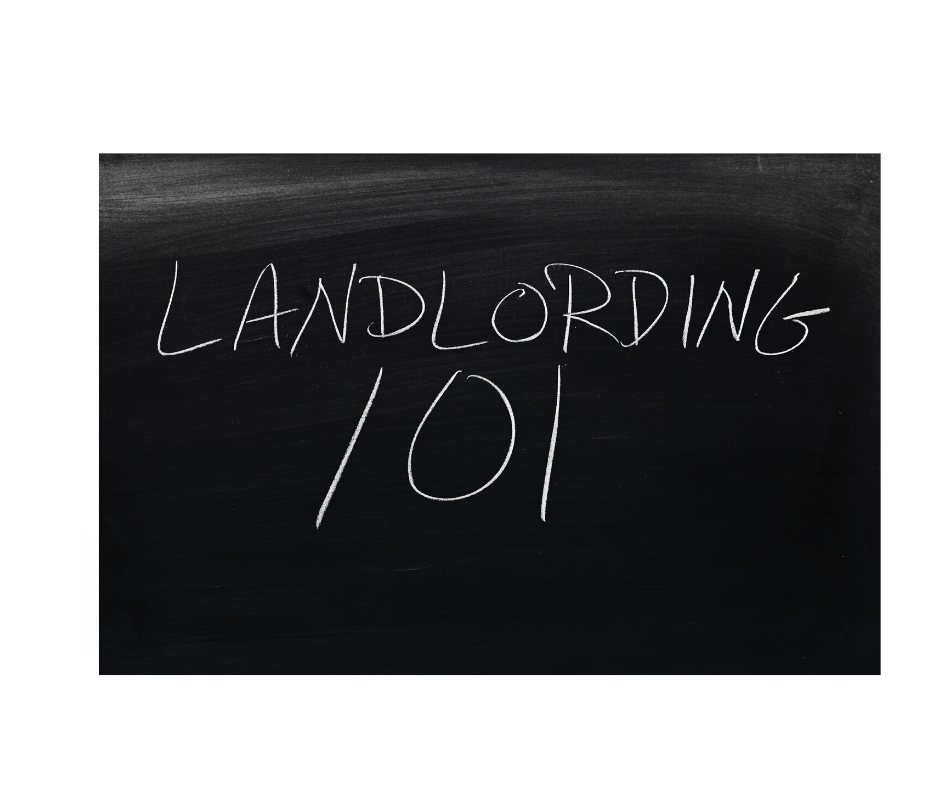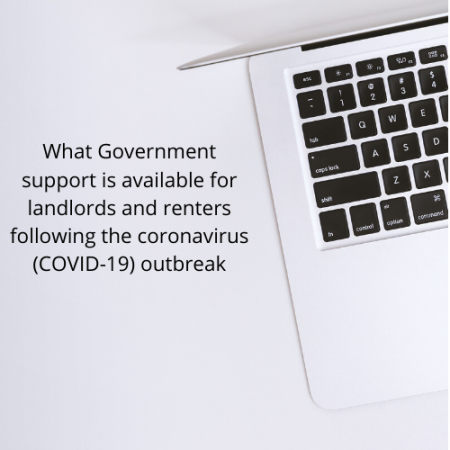We want to make sure there is as much relevant information as possible to assist both Landlords and Tenants at this very diffcult time. Therefore, please see below the Governments press release in relation to exisitng tenancies in England. You can read more guidance by clicking here.
The government has brought forward a package of measures to protect renters affected by coronavirus (COVID-19). With these in force, no renter in either social or private accommodation will be forced out of their home.
To ensure all renters are clear on the full package of support that is currently available to them, we are bringing this together into one place.
From today (26 March 2020) landlords will have to give all renters 3 months’ notice if they intend to seek possession (i.e. serve notice that they want to end the tenancy) – this means the landlord can’t apply to start the court process until after this period.
This extended buffer period will apply in law until 30 September 2020 and both the end point, and the 3 month notice period can be extended if needed.
This protection covers most tenants in the private and social rented sectors in England and Wales, and all grounds of evictions. This includes possession of tenancies in the Rent Act 1977, the Housing Act 1985, the Housing Act 1996 and the Housing Act 1988. After 3 months if the tenant has not moved a landlord needs to apply to court in order to proceed.
From tomorrow (27 March 2020) following a decision by the Master of the Rolls with the Lord Chancellor’s agreement the court service will suspend all ongoing housing possession action – this means that neither cases currently in the system or any about to go in to it can progress to the stage where someone could be evicted.
This suspension of housing possessions action will initially last for 90 days, but this can be extended if needed. This measure will protect all private and social renters, as well as those with mortgages and those with licenses covered by the Protection from Eviction Act 1977. This will apply to both England and Wales.
Tenants are still liable for their rent and should pay this as usual. If they face financial hardship and struggle to pay this, support is available. In the first instance they should speak to their landlord if they think they will have difficulty meeting a rental payment, and in this unique context we would encourage tenants and landlords to work together to put in place a rent payment scheme. However we have also put specific measures in place:
-
We are working with the Master of Rolls to strengthen the pre-action protocol requirement and also extend this to the private rented sector. This will help landlords and tenants to agree reasonable repayment plans where rent arrears may have arisen.
-
We have already made £500 million available to fund households experiencing financial hardship.
-
As part of the workers’ support package, the Chancellor announced the government will pay up to 80% of a worker’s wages, up to a total of £2,500 per month, where workers are placed on the Coronavirus Job Retention Scheme.
-
Both Universal Credit and Housing Benefit will increase and from April, Local Housing Allowance rates will pay for at least 30% of market rents in each area.
The government is also committed to supporting landlords, and maintaining the positive partnership between tenants and their landlords. That is why, in addition to the measures outlined above, we have also agreed with lenders that they will ensure support is available where it is needed for landlords. Landlords will also be protected by a 3 month mortgage payment holiday where they have a Buy to Let mortgages.
Landlords remain legally obligated to ensure properties meet the required standard – urgent, essential health and safety repairs should be made.
An agreement for non-urgent repairs to be done later should be made between tenants and landlords. Local authorities are also encouraged to take a pragmatic, risk-based approach to enforcement.





